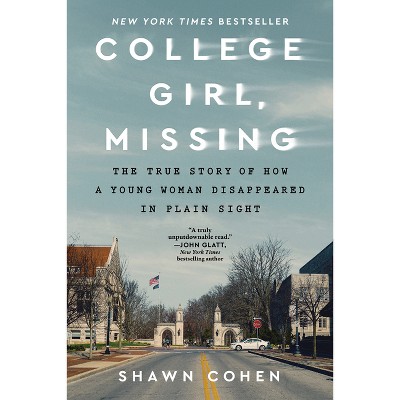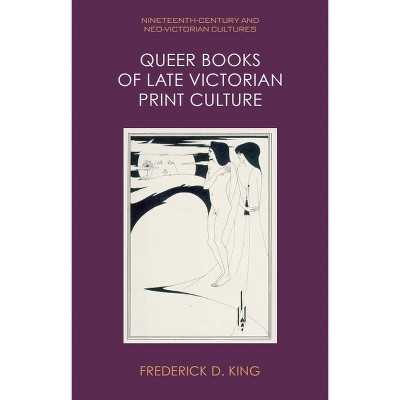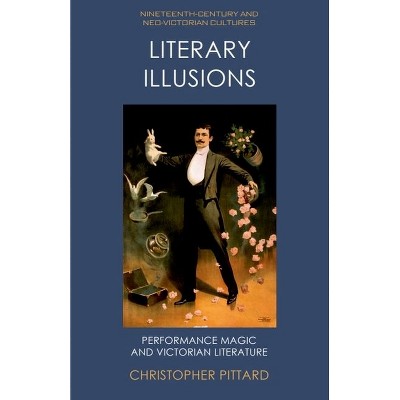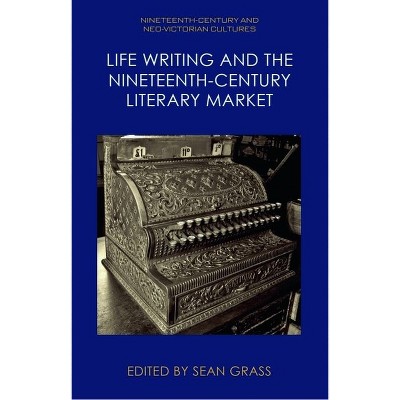Women's Activism in the Transatlantic Consumers' Leagues, 1885-1920 - (Nineteenth-Century and Neo-Victorian Cultures) by Flore Janssen (Paperback)

About this item
Highlights
- Ethical consumption and consumer choice are at the heart of public debates today, but consumer activism has a long history.
- Author(s): Flore Janssen
- 224 Pages
- History, Modern
- Series Name: Nineteenth-Century and Neo-Victorian Cultures
Description
About the Book
Uncovers the central and leading roles of women in the development of organised consumer activism in the UK and the USA between 1885 and 1920
Book Synopsis
Ethical consumption and consumer choice are at the heart of public debates today, but consumer activism has a long history. At the end of the nineteenth century, groups of women activists in different countries weaponised their reputation as consumers to mount campaigns against labour exploitation. By the early twentieth century, they had built an international network of Consumers' Leagues that influenced public opinion and achieved legislative change. Analysing the campaign writing of women activists, including both well-known and recently rediscovered historical figures, Flore Janssen provides new insights into the campaigns that underpinned important developments in the rights of workers and the social position of women. Highlighting the social, economic and political influence of women as activists, this book discusses campaign strategies, but also draws attention to problematic politics within these campaigns. Through its critically contextualised analysis of this specific consumer movement, the book reveals the origins of many consumer campaign strategies that remain familiar today.
Review Quotes
Today, when fast fashion and food miles are prominent topics of public concern, Flore Janssen's book about early campaigns for ethical shopping strikes a timely note. This is a compelling study of turn-of-the-century women's activism which offers rich material for comparison with the consumer politics of the present time.--Rachel Bowlby, University College London











